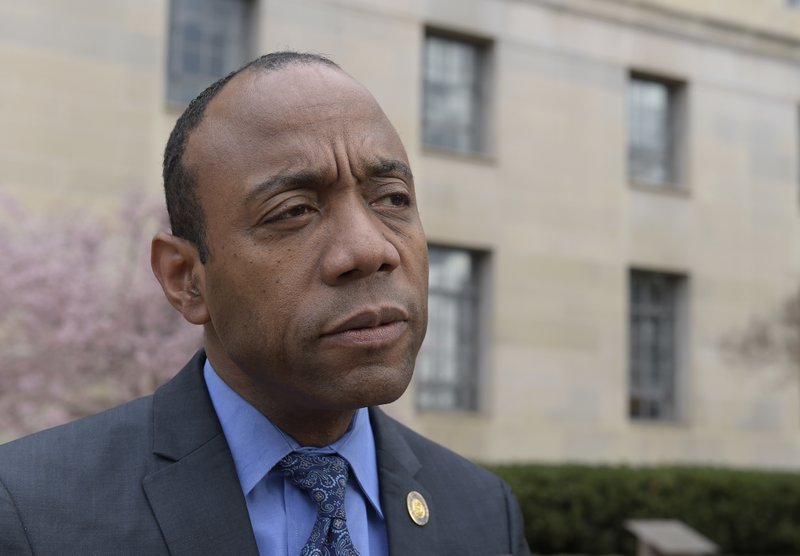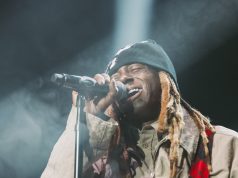
BY JESSE J. HOLLAND
ASSOCIATED PRESS

NAACP President Cornell William Brooks will not be returning as the leader of the nation’s oldest civil rights organization, sources told The Associated Press on Friday.
Brooks, the NAACP’s leader since 2014, will be let go after his contract expires this summer. Sources close to the organization confirmed the dismissal, speaking on condition of anonymity because they were not authorized to speak in advance of a Friday conference call by the NAACP.
A call to the organization’s national headquarters in Baltimore was not immediately returned. The teleconference will be led by NAACP Board Chairman Leon W. Russell and Vice Chair Derrick Johnson, who were elected to their positions in February.
“The leadership of the NAACP has decided to implement an organization-wide refresh and strategic re-envisioning to determine how best to position the organization to confront head-on the many challenges of today’s volatile political, media and social climates,” the organization said in a statement.
A national search for a new leader is expected to begin this summer.
The NAACP has been eclipsed among black youth recently by groups like Black Lives Matter, which rose to prominence behind street-level protests after the killings of African American men and women by police, the death of 18-year-old Michael Brown at the hands of a white police officer in Ferguson, Missouri.
Catherine Flowers, founder of the Alabama Center for Rural Enterprise, an organization that advocates for poor and black people living in rural areas, said she wasn’t surprised at the coming change.
“I would like to see more of a grassroots effort” by the NAACP, she said. “Clearly, on a national level we’re at a crisis and it calls for a new kind of leadership.”
But Brooks also has his fans.
Ernest L. Johnson Sr., president of the NAACP Louisiana State Conference, invited Brooks to visit Baton Rouge less than a week after a white police officer shot and killed a black man during a struggle outside a convenience store last year. Videos of Alton Sterling’s July 5 shooting quickly spread on social media, setting off nightly protests in Louisiana’s capital.
Johnson said Brooks met with Sterling’s relatives, and during a rally outside Baton Rouge’s City Hall, said he was tired of victims of police shootings being treated as “hashtag tragedies” instead of human beings mourned by their families.
“He brought some young energy to this 108-year-old organization,” Johnson said. “He’s very energetic. Whenever we needed him in the state of Louisiana, he came to Louisiana.”




